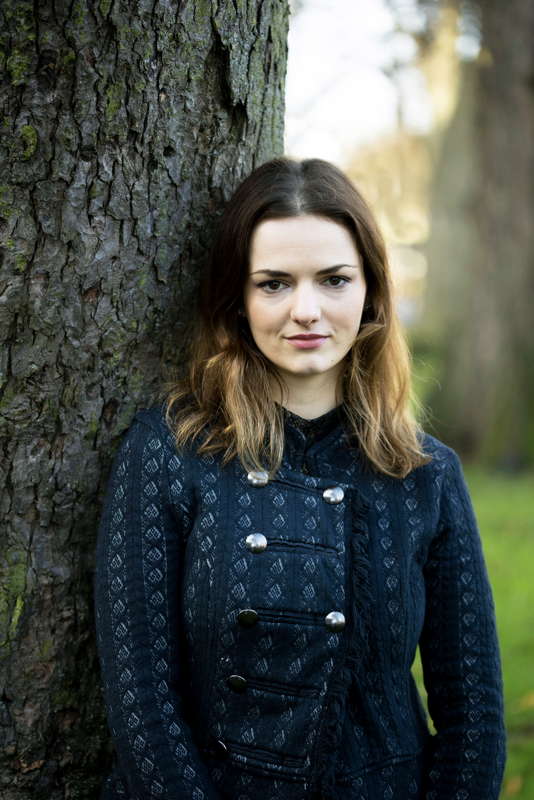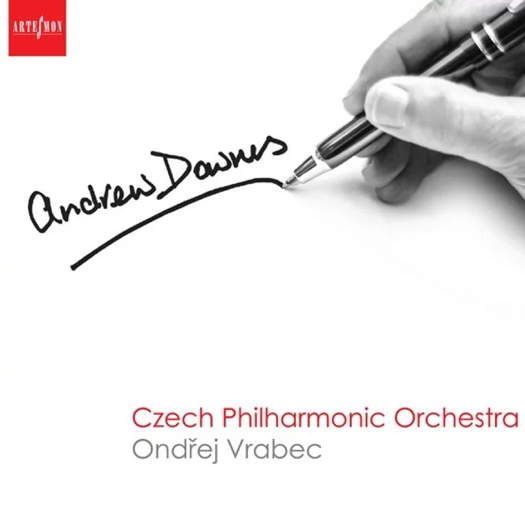 WORD SEARCH: Can you solve Allan Rae's classical music word search puzzles? We're currently publishing one per month.
WORD SEARCH: Can you solve Allan Rae's classical music word search puzzles? We're currently publishing one per month.
Luminous Playing
MIKE WHEELER is impressed by French/German pianist Elena Fischer-Dieskau's performances of Mélanie Bonis, Robert Schumann and Rachmaninov
Like so many other female composers, Mélanie Bonis (1858-1937) is at last coming into her own. She went by the professional name of Mel Bonis, to conceal her gender, but I don't see any reason why we shouldn't now give her back her full identity. Elena Fischer-Dieskau began her Sunday morning recital - Royal Concert Hall, Nottingham, UK, 11 February 2024 - with Bonis' Femmes de Légende, portraits of seven legendary and literary figures, composed separately over a fifteen-year period, and not originally conceived as a set.
First up is 'Mélisande', the central figure of Maurice Maeterlinck's 1892 stage play, and Debussy's opera. It nods to her colleague without being derivative, capturing both Mélisande's fey character, and the darker currents that lead to tragedy, all vividly projected in Fischer-Dieskau's performance. She found playfulness at the start of 'Desdémona', eventually bringing it to a poignant ending. 'Ophélie' is Shakespeare's Ophelia, and Fischer-Dieskau responded to its more graphic character, not least at the end, as Ophelia drowns. 'Viviane', the Lady of the Lake in Arthurian legend, was kept light and buoyant, echoed in some delicate treble-end playing in 'Phoebé', depicting the Greek moon-goddess.
'Salomé', composed in the wake of Oscar Wilde's play being staged in Paris, gives the character a vigorous tarantella to dance to, while the introspective second half portrays a lost soul, with a startlingly final fortissimo chord. 'Omphale' portrays the Queen of Lydia in Asia Minor, to whom Heracles was slave for a year as punishment for murder, a situation also depicted by Saint-Saëns in his symphonic poem Le Rouet d'Omphale. The music certainly suggests spinning-wheel motion, but without lapsing into cliché. It was all brought to life by Fischer-Dieskau's luminous playing, full of resourceful textures and colours, and her sure command of both technique and atmosphere.

Elena Fischer-Dieskau
The same qualities were on display in Robert Schumann's Waldszenen. 'Eintritt' (Entry) had a homely character, while 'Jäger auf der Lauer' (Hunter on the Lookout) was aptly alert. An amiable account of 'Einsame Blumen' was a powerful foil for 'Verrufene Stelle' (posssibly Place with a Bad Reputation), which Fischer-Dieskau made genuinely creepy, with some stark contrasts.
The sparkling running figures of 'Freundliche Landschaft' (Pleasant Landscape) led readily into the companionable song-like snatches punctuating 'Herberge' (Inn). In 'Vogel Als Prophet' (The Bird as Prophet), the one piece most often played separately, the fluttering pirouettes were mysterious as well as elegant, with a Mendelssohnian song in middle. 'Jagdlied' (Hunting Song) was appropriately hearty. The wistfulness Fischer-Dieskau found in the last notes of 'Abschied' (Farewell) suggested we were still coming to terms with the experiences we'd just shared.
To end with, she played two of Rachmaninov's Moments Musicaux, Op 16. She drew out the mix of sombre brooding and longing that characterises No 3, together with moments of stealthy pacing, and balanced the turbulent left-hand part of No 4 with sturdiness in the right hand.
Copyright © 22 February 2024
Mike Wheeler,
Derby UK




